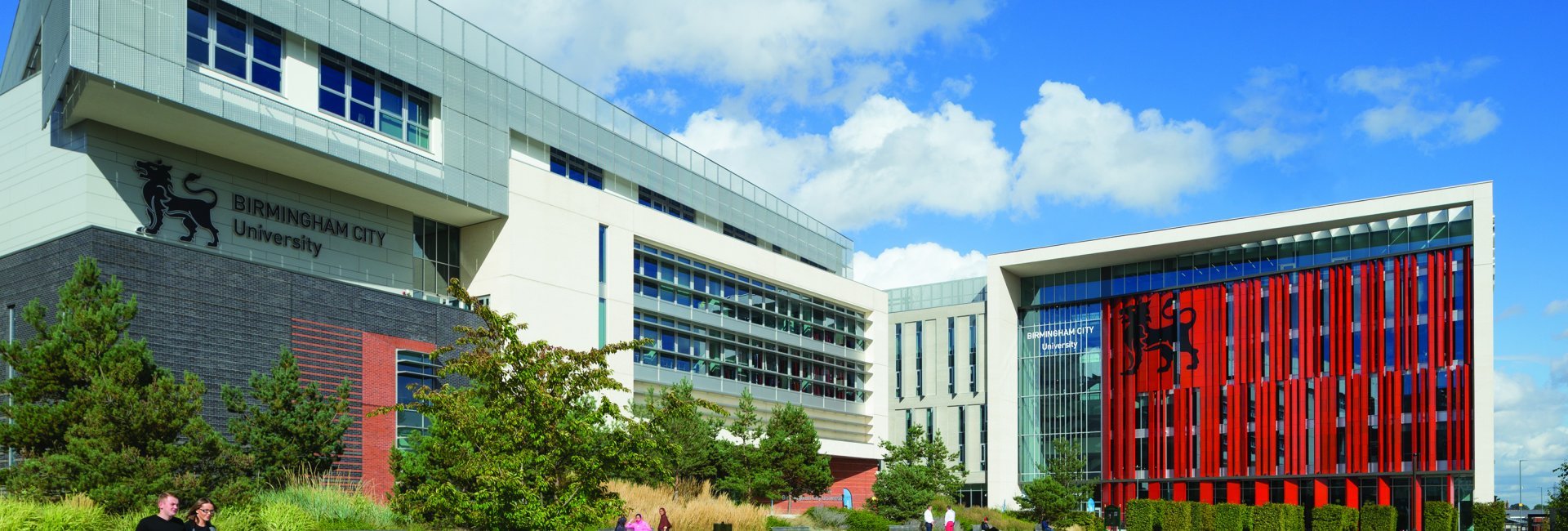Birmingham City University Undergraduate and Postgraduate Open Day, 28th June 2025
28 Jun 2025, 09:00
Birmingham

The BSc (Hons) Paramedic Science degree will develop your theoretical knowledge and practical skills within both the university and clinical practice environment. To be a paramedic you must be able to overcome challenges, show initiative and demonstrate critical thinking. This course will equip you with the skills and knowledge required to rise to these challenges, whilst developing your communication skills and knowledge.
All modules provide a balance between theory and practical application and provide the opportunity for you to reflect and apply context in clinical practice placements. This course is designed to be a catalyst for students to apply for registration with the HCPC and develop a successful career as a paramedic.
To be a modern paramedic, you must overcome challenges, show initiative and demonstrate critically adaptive thinking, excellent communication skills and medical knowledge as the first point of contact in care provision for patients in stressful situations.
Becoming a professional modern Paramedic you'll need to be able to think critically, react appropriately in challenging and stressful situations, have effective communication skills and also have the knowledge and skills to deliver health care across the life span. You need to be able to do all of this whilst demonstrating empathy and care towards your patients and ensure your values and professional behaviour meet those required of HCPC to become a modern paramedic.
You will also become an effective member of the Paramedic profession by developing your medical and healthcare knowledge as well as clinical decision making skills and focusing on high quality patient centred health care. This will prepare you with the many possible career opportunities for the modern paramedic across settings such as clinical practice, education or research settings.
Professionally accredited courses provide industry-wide recognition of the quality of your qualification.

Learn what it's like to study at Birmingham City University. From key stats to campus highlights, open days, and more - find everything you need to know here.
The following entry points are available for this course:
Welsh Baccalaureate: 120 UCAS tariff points. Considered with two A Levels or equivalent level 3 qualifications. Required subjects: Either this qualification or an accompanying A Level / level 3 equivalent must be in a relevant Science subject (e.g. Applied Science, Biology, Chemistry, Physics, at Grade B or Distinction). Science subject must be at grade B or Distinction.
OCR Cambridge Technical qualifications: 120 UCAS tariff points. Extended Diploma - accepted subjects: Health and Social Care or Applied Science. Diploma - accepted subjects: Either this qualification or the accompanying A Level / level 3 equivalent must be Public Services or a relevant Health or Science subject (e.g. Applied Science, Biology, Chemistry, Physics).
NCFE CACHE Level 3 qualifications: 120 UCAS tariff points.
Additional requirements for this course:
While a driving licence and category C1 are not requirements for acceptance onto the programme, you should be aware that to improve your employability prospects following completion of the programme, these should be considered as essential.
Claims by students who wish to APEL are approved by the Academic Development Department on an individual basis.
| Test | Grade | Additional details |
|---|---|---|
| IELTS (Academic) | 7 | overall with no less than 6.5 in each band. |
This section shows the range of grades students were previously accepted with - learn more. It is designed to support your research but does not guarantee whether you will or won't get a place. Admissions teams consider various factors, including interviews, subject requirements, and entrance tests. Check all course entry requirements for eligibility.
Students aged 17/18 who applied to this course were offered a place.
See how students with your grades have been accepted onto this course in the past.
Operated by the Office for Students
Employment after 15 months (Most common jobs)
Go onto work and study
The number of student respondents and response rates can be important in interpreting the data – it is important to note your experience may be different from theirs. This data will be based on the subject area rather than the specific course. Read more about this data on the Discover Uni website.
| Location | Fee | Year |
|---|---|---|
| England | £9250 | Year 1 |
| Northern Ireland | £9250 | Year 1 |
| Scotland | £9250 | Year 1 |
| Wales | £9250 | Year 1 |
Tuition fee status depends on a number of criteria and varies according to where in the UK you will study. For further guidance on the criteria for home or overseas tuition fees, please refer to the UKCISA website.
No additional fees or cost information has been supplied for this course, please contact the provider directly.
University House
15 Bartholomew Row
Birmingham
B5 5JU
Visit our website Visit our course page
Email:courseenquiries@bcu.ac.uk
Phone:0121 331 6295